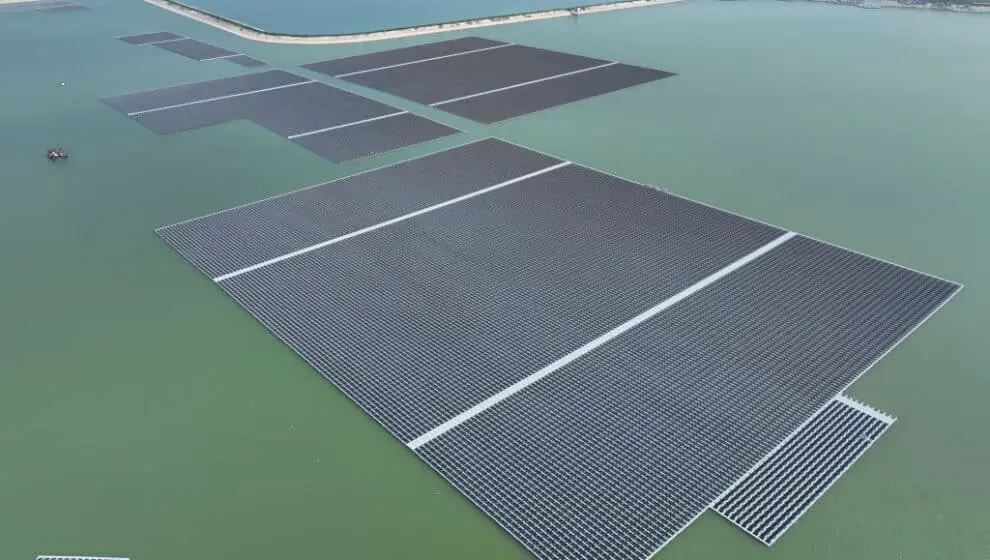Solar energy company SolarDuck is partnering with a Germany energy company to construct a floating solar farm in the Belgian North Sea.
Key Details
- If successful, the solar farm will be the first of its kind, high-wave offshore plant using a triangle design to survive large waves.
- German energy company RWE is partnering with the startup company, though SolarDuck hasn’t publicly released the cost of the project.
- Floating solar farms have potential to provide much needed energy sources for countries in Asia, Europe, and the Caribbean at a relatively low cost.
- Dutch founder of SolarDuck Olaf de Swart says that the company plans to focus on implementing solar farms near countries that don’t have the land space for massive solar projects, many of which are located near the equator.
Why it’s news
Innovative solutions to energy supplies are popping up more and more as the world grows more concerned about climate change and countries grow concerned over energy shortages.
European countries in particular are suffering from potential energy crises as Russia restricts access to oil, making reliable, renewable energy sources more appealing.
Floating solar islands could potentially cut energy costs for countries without taking up valuable real estate. Making a floating energy source isn’t all that simple, though.
These solar islands aren’t as practical as farms on solid ground due to environmental challenges including ocean storms, high waves, and salt water.
The aquatic solar farms have been somewhat successful on inland bodies of water like lakes and ponds. The water increases efficiency of the solar panels by keeping them cool and reduces the need for some permitting costs.
Despite the challenges and skeptics, SolarDuck was able to raise $4 million earlier this year.
